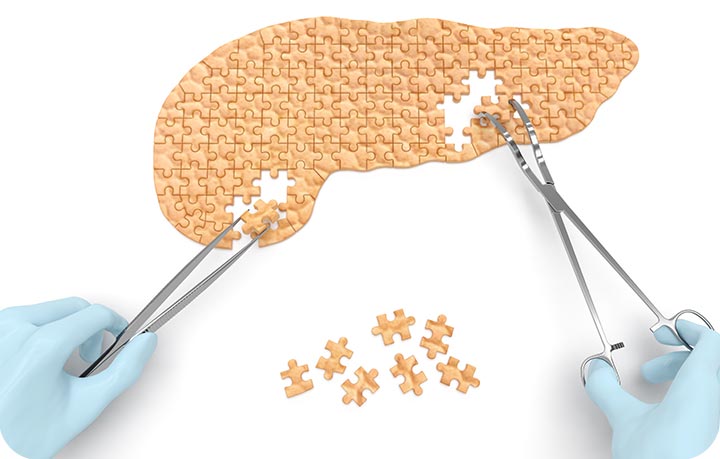The group is focused on the molecular mechanisms driving cancer onset and progression, with particular emphasis in pancreatic cancer.
This tumor is the third-leading cause of cancer-related death in the developed countries and it is one of the most aggressive human tumors. The 5-year patient survival is 11%. Currently, there is no useful therapy for this highly malignant tumor and identification of novel molecular targets is an urgent need.


Our group develops pioneered research to increase the knowledge about the molecular mechanisms underlying tumor progression and the relevance of tumor-stroma crosstalk in this pathology. Moreover, considering that cancer is a genetic disease caused by changes in gene expression during malignant transformation, we are also interested in deciphering how these genetic changes are regulated.
Previous data from our group identified the molecular mechanisms responsible for the pathological and pro-tumoral effects of tissue-plasminogen activator (tPA), a serin-protease that is overexpressed in several solid tumors (Roda et al. Gastroenterology 2009), leading to the identification for the first time of Galectin-1 (Gal-1) as a tPA receptor. Our further studies, using genetically engineered mouse models demonstrated a key role for Gal-1 in promoting pancreatic carcinogenesis and progression through activation of tumor-microenvironment crosstalk. In particular, Gal-1 favours key steps of cancer progression, as proliferation, angiogenesis, desmoplasia, immune evasion and metaplasia (Martinez-Bosch et al. Cancer Res 2014; Orozco et al. PNAS 2018).



Gene expression control goes much further than transcrptional DNA regulation. In particular, RNA translation has emerged as a molecular mechanism responsible for changes in gene expression during cell malignant transformation.
CPEBs are a family of RNA binding proteins that regulate RNA translation by 3'UTR polyA tail elongation. Our group, in collaboration with Raúl Méndez (IRB) has shown that CPEB4 is involved in the cellular reprogramming associated to cancer progression, through RNA translation activation of protumoral genes (Ortiz-Zapater et al. Nat Med 2012).
In collaboration with Juana Diez (UPF), we have also demonstrated that the DEAD-box helicase DDX6, localized in P-bodies and stress granules, mediates a novel mechanism of translational control involving RNA structures within coding sequences that is also conserved in cancer (Jungfleisch et al. Genome Res 2017).

We will open new avenues for the management of cancer patients, leading to novel target-driven therapies and to the identification of new biomarkers for improved early diagnosis
"Science never solves a PROBLEM without creating ten more" George Bernard Shaw

Although the current focus of the group is mainly orbiting around CANCER, we have several projects in other PATHOLOGIES. Our group has contributed to decipher part of the molecular mechanisms underlying Alzheimer's disease (AD) complexity. In particular, we demonstrated that overexpression of tPA in AD patients' brain may account for amyloid beta-derived toxicity through activation of signaling pathways in a non-catalytic way (Medina MG et al. EMBO J 2005), opening new therapeutic avenues (Premio Mejores ideas Diario Medico, comment in Alzheimer Research Forum, Montolio M et al. Drug Discovery J Med Chem 2012). Besides, we have also described the molecular mechanism by which tPA induces microglial inflammation, contributing to exacerbate neuronal damage in AD patients (Pineda D et al. Glia 2012).

COVID-19 pandemy has also motivated us to join efforts with the scientific community and start new projects looking for valuable prognostic factors and putative new therapies for SARS-CoV-2 infected patients with Acute Respiratory Distress Syndrome (ARDS). Our linkage with Hospital del Mar has enabled a strategic collaboration with the Infectious Disease Department to address these issues
"What is RESEARCH but a blind date with knowledge." Will Harvey